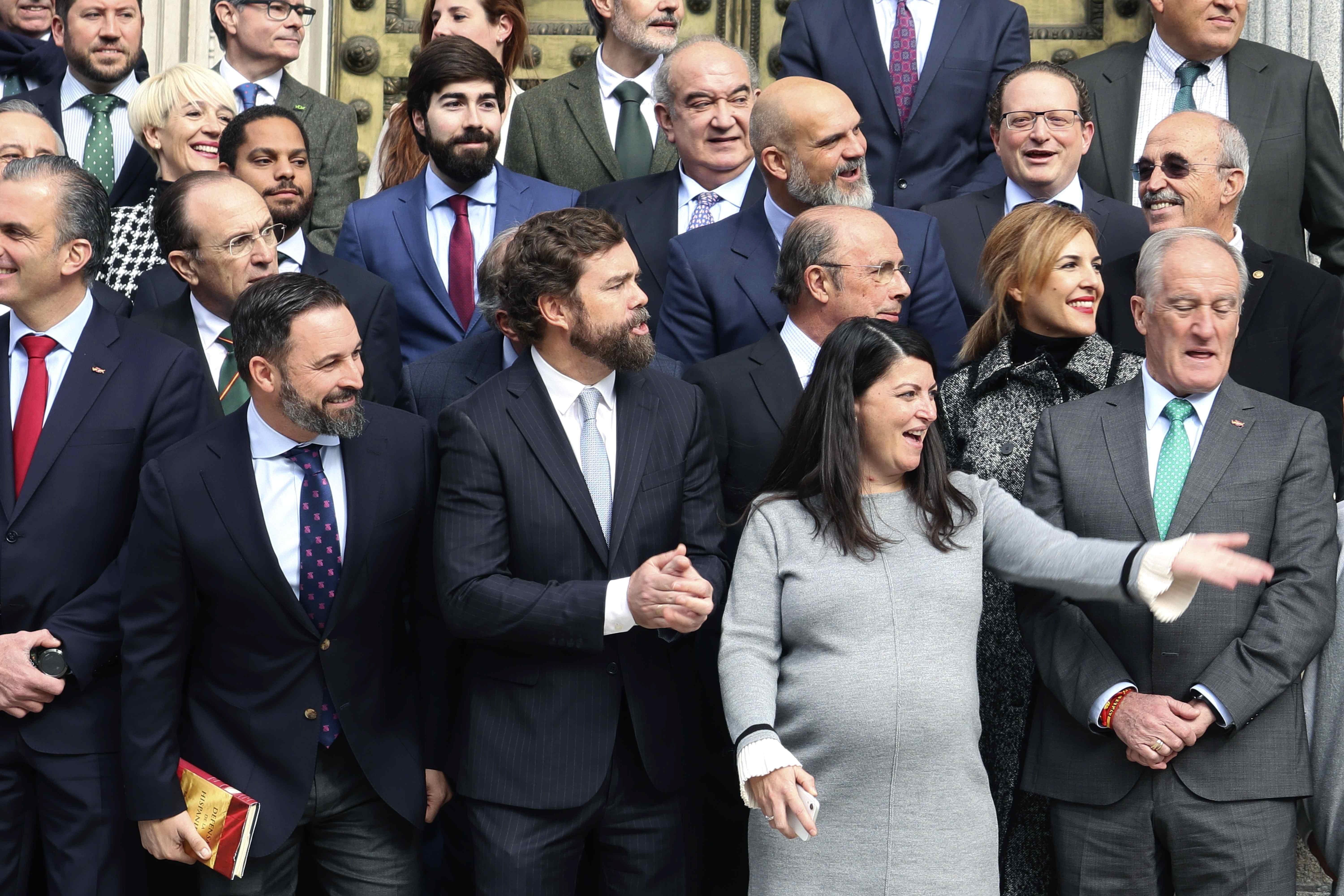The far right has already made its presence felt in Spain's new Congress. This week, they've prevented the Congress from making an institutional declaration for the international day for the elimination of violence against women. All the parliamentary groups agreed to the text but one: Vox.
The other parties read the manifesto regardless, but for it to be an institutional declaration, all the parliamentary groups have to agree. The same thing happened with a statement for Universal Children's Day on 20th November.
In the text, the parties expressed their "strong commitment to the eradication of violence against women, their profound rejection of sexist aggressors and murderers and complete support for the women victims and their sons and daughters".
It also said they wanted to "raise their voices against gender-based violence aware that in the face of violence, silence means complicity". Finally, it called on the "responsibility of all public powers, organisations and the public to make it that all women can live in equality lives free from sexist violence."
Vox claimed that, in contrast to what PSOE says, "there has been no conversation", that they were simply "handed a few sheets of paper". They also argued they "defend everyone", both men and women, both young and old. "For that reason we denounce the fact that the current law doesn't work," the party says.
In April, Vox became the first far-right party since the restoration of democracy in Spain to win seats in the Congress in Madrid. In this month's re-run election, they increased the size of their group from 24 to 52 delegates.

